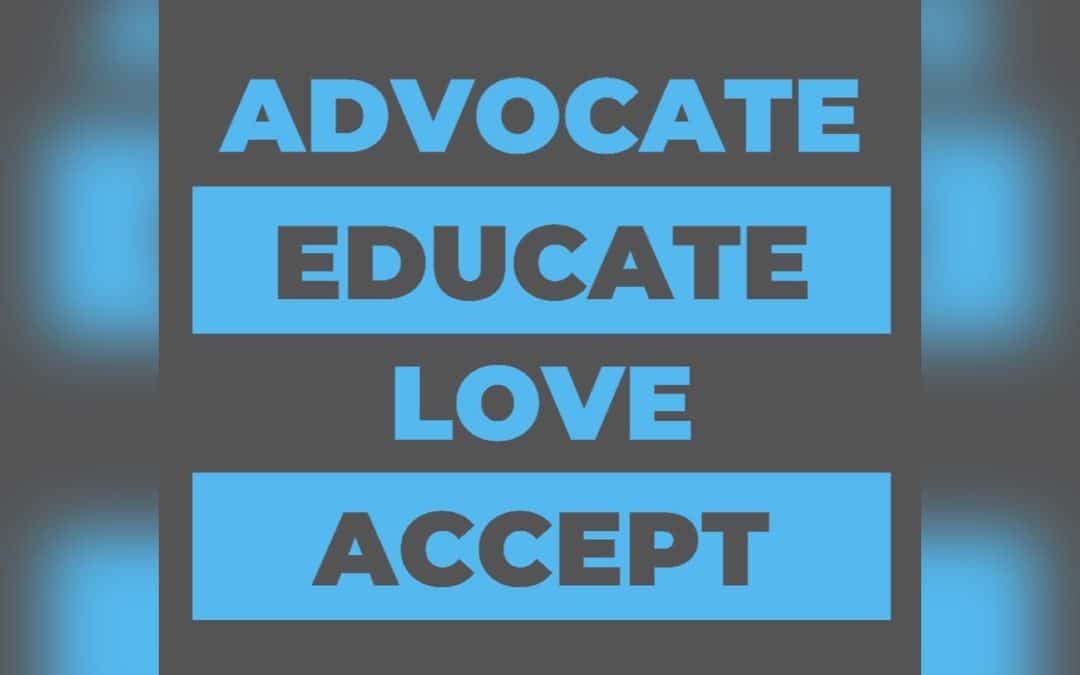June 10, 2020
SolBe Families,
In Part Two of this Social Emotional Learning Series we are focusing on the principle of Acceptance.
Our kids are not born blind to race. In fact, research suggests that children ages 0-1 are able to differentiate and track faces that match the race of their caretaker (Kelly et al, 2005). By age 2, innate racial bias exists (Hirshfield, 2008) and by ages 3-5 these bias’s begin to influence behavior (Aboud, 2008).
Knowing and understanding how children develop can help inform our interactions. The goal is to facilitate meaningful conversations where differences are not only acknowledged, but also explained and celebrated. If our goal is to promote accepting behaviors within our little ones, we must avoid silencing our children because we are uncomfortable with their innate observations. How do we explain or help our kids to understand differences and, more importantly, to understand why and how differences make our world wonderful. Remember: Your kids are listening. They are observing and modeling based on your interactions.
When you approach the world and others with tenderness, empathy and acceptance, your children will too.
How do we introduce Acceptance in Social Emotional Learning?
So much of the skill of acceptance is grounded in a practice of awareness and inviting differences! How can you expose and introduce your kids to other cultures? The resource by Thomas Moore below, has a wonderful idea to stock your child’s pretend play kitchen with goods from other countries or cultures. Incorporating big, important, and sometimes-scary (for parents) concepts into pretend or imaginative play can transform this content into digestible and meaningful ideas for children under five. You can use this approach as a starting point to introduce SEL concepts at home.
Books to Learn More:
- We’re All Wonders by R. J. Palacio- I don’t know about you all, but this book really gets to me. I (very loudly and openly) wept hysterically in public when I watched the movie for the first time on an airplane. Highly recommended!!
- Chrysanthemum By Kevin Henkes- Book to Pair with our project!
- Strictly No Elephants by Lisa Mantchev
- Julián Is a Mermaid by Jessica Love
Helpful Resources:
- I found this article, Encouraging Acceptance and Compassion through Play by Thomas Moore to be a lovey resource will helpful (tangible) examples and explanation.
- Cup of Jo is always the best…Here is a list of 16 Children’s Books that Foster Acceptance
- Mellody Hobson’s TedTalk “Color Blind or Color Brave”is both useful for adults (especially parents) and inspiring.
More resources to follow in the coming days. Feedback and more ideas welcome!
Above all, be well and stay healthy!
Citations:
Aboud, F. E. (2008). A social-cognitive developmental theory of prejudice. In S. M. Quintana & C. McKown (Eds.), Handbook of race, racism, and the developing child (p. 55–71). John Wiley & Sons Inc
Hirschfeld, L. A. (2008). Children’s developing conceptions of race. In S. M. Quintana & C. McKown (Eds.), Handbook of race, racism, and the developing child (p. 37–54). John Wiley & Sons Inc.
Kelly DJ, Quinn PC, Slater AM, Lee K, Gibson A, Smith M, et al. (2005). Three-month-olds, but not newborns, prefer own-race faces. (p. 31–36). Developmental Science.


